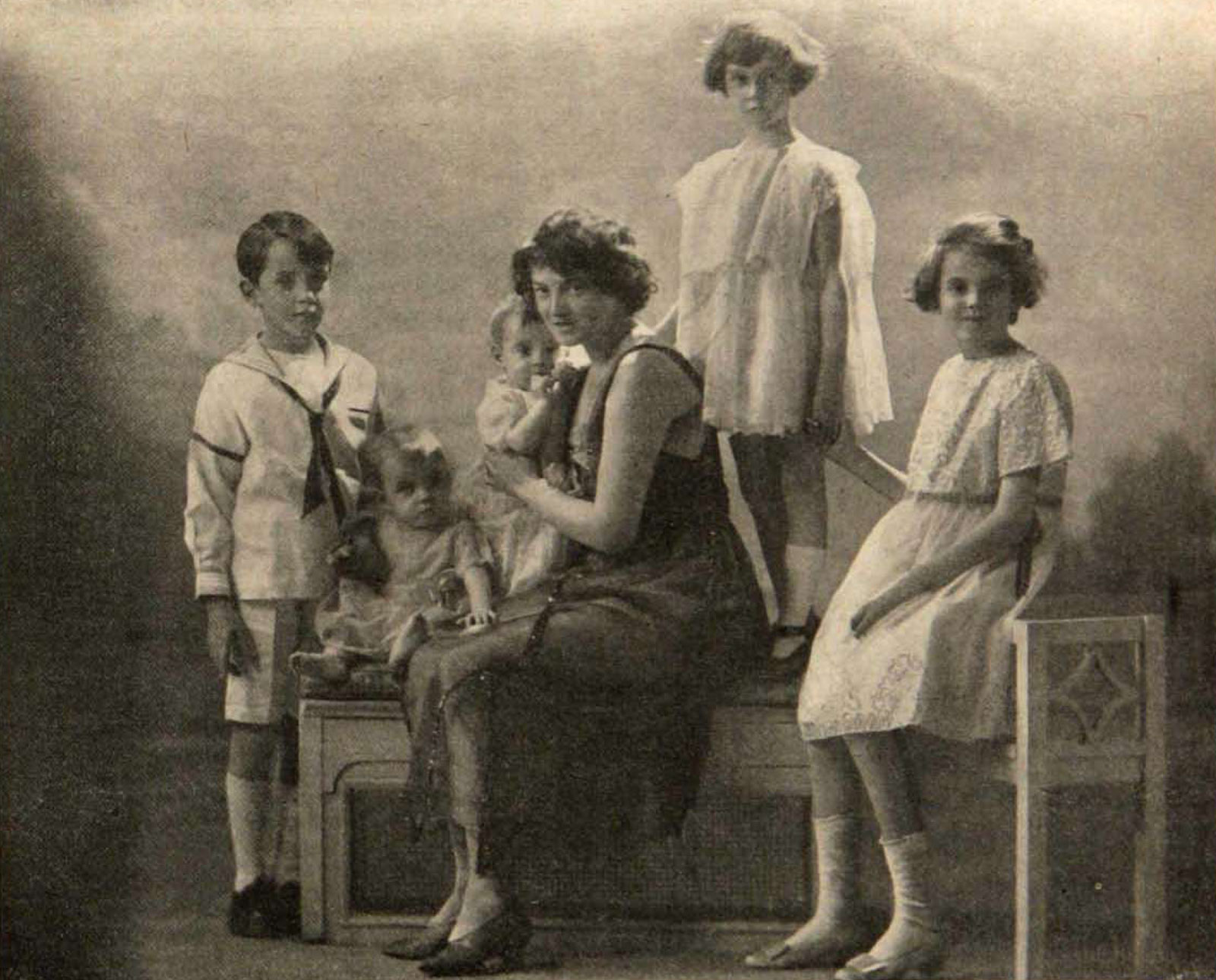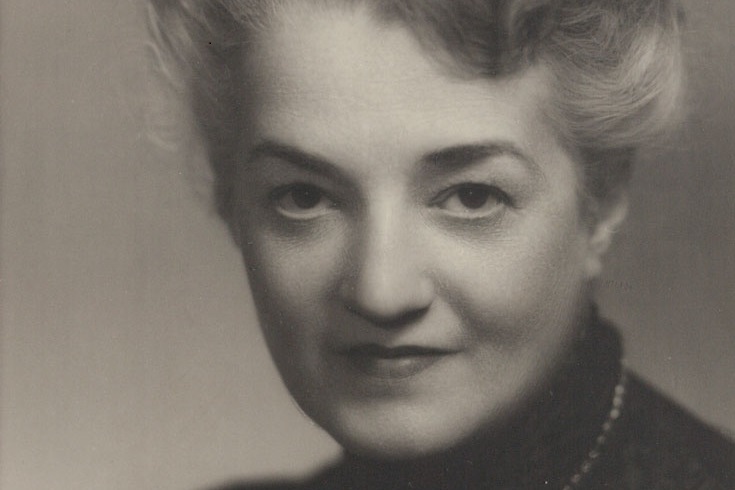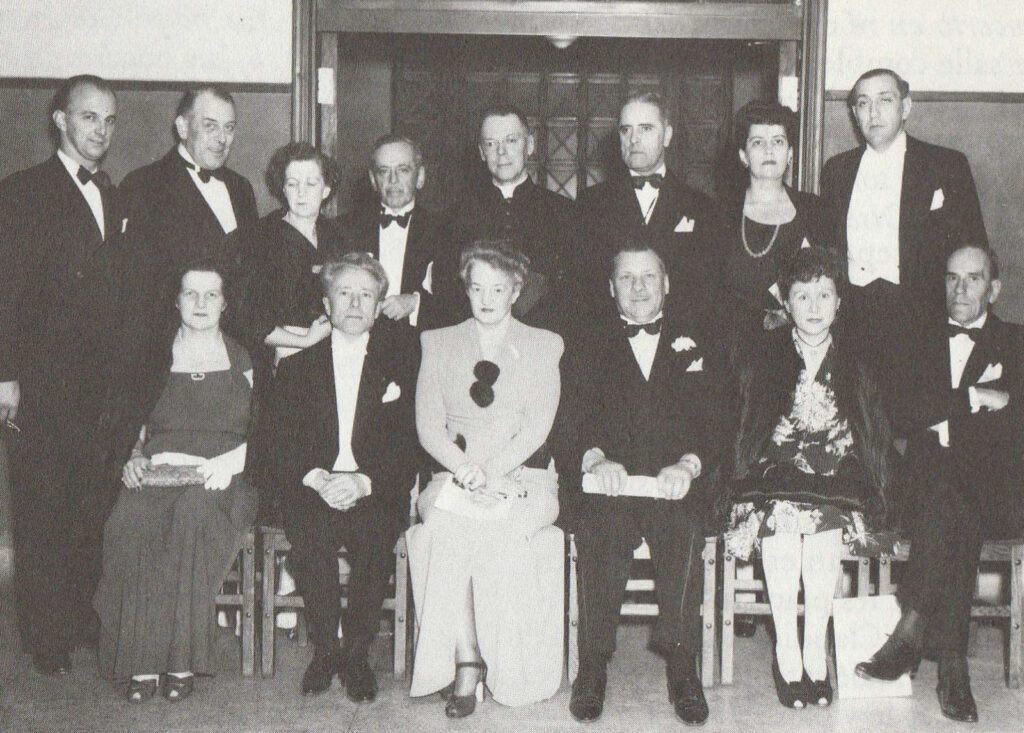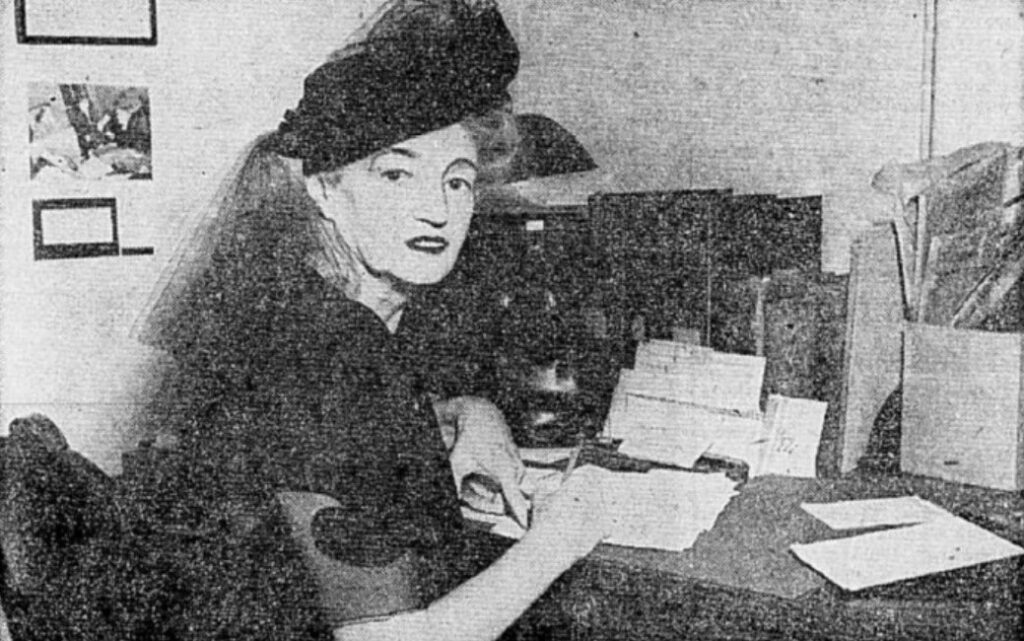Biography
Antonia Nantel (1886-1955)
OSM Founding Member


Childhood and family
Antonia Nantel was born in Saint-Jérôme on April 21, 1886. She began studying piano at the age of 5, later taking up drama and voice after moving to Paris with her family at 15. “All the artists of the day frequented my parents’ house, and those I hadn’t met at home, I knew through [my teacher] Madame Farrar, who gave singing demonstrations every 15 days.” After three years in Paris, the family returned to Quebec.
In November 1908, Antonia Nantel married the young lawyer Louis-Athanase David. The couple had five children between 1911 and 1919. Antonia Nantel subsequently devoted herself to the development of musical culture in Quebec.

Foundation of the Société des Concerts Symphoniques de Montréal
Antonia Nantel joined the Board of Directors of the Montreal Orchestra, founded in 1930 and conducted by Douglas Clarke. At that time, the low prominence given to francophone conductors and soloists in the orchestra’s programming proved divisive. Wishing to advocate for their rightful place, thereby reaching a wider audience, she left the Board in 1934 and founded, with Louis-Athanase David and Wilfrid Pelletier, the Société des Concerts Symphoniques de Montréal (CSM), which later became the Orchestre symphonique de Montréal.
The CSM’s early years were decisive. In collaboration with Wilfrid Pelletier, Antonia Nantel spurred several initiatives (the Matinées symphoniques, Concerts populaires at the Mount Royal Chalet; the Montreal Festivals) and worked tirelessly to organize ticket sales and appearances by guest conductors and soloists, and to schedule and coordinate events…
Launched in 1935, the Matinées symphoniques introduced a great many children to the world of classical music. In a letter to her son Paul, dated December 1935, Antonia wrote, “Our concerts are a prodigious success. At the last children’s concert, 300 people were standing and at least 500 had to be turned away at the door.” Antonia’s dedication and perseverance had paid off, as the CSM saw a string of triumphs during the 1930s. On January 6, 1936, Antonia again wrote to Paul: “Our action is growing visibly, and, in a few years, Montreal will have, not just among the elite but among the people, a public capable of comprehending and appreciating music.”
« Upon my return, in July 1939, I was able to observe my mother’s tremendous achievements in instituting the Concerts Symphoniques. She was, for me, an example of perseverance and dedication. »
–Excerpt of a letter from Paul David to Mayor Jean Drapeau, March 22, 1982

Other works and posterity
Beginning in 1937, and despite a heart condition, Antonia Nantel continued to work relentlessly, devoting herself to two important causes: the Montreal Festivals, which had its own orchestra beginning in 1939, and for which she served as President until 1952; and Assistance maternelle, a charitable organization providing aid for needy mothers. The Montreal Festivals, designed to complement the season’s concert offerings and establish a classical music presence in early summer, began to gain momentum in 1940, with the programming of operas, oratorios, recitals, and chamber music concerts in various locations around Montreal, making it an influential event for the democratization of classical music, particularly among the French-Canadian working population.
Antonia Nantel died on December 6, 1955, at the age of 69.
In co-founding the CSM and acting as one of the main instigators of its early development, then taking on the directorship of the Montreal Festivals, Antonia Nantel massively contributed to shifting the musical landscape in Montreal, from the 1930s through to the 1950s.